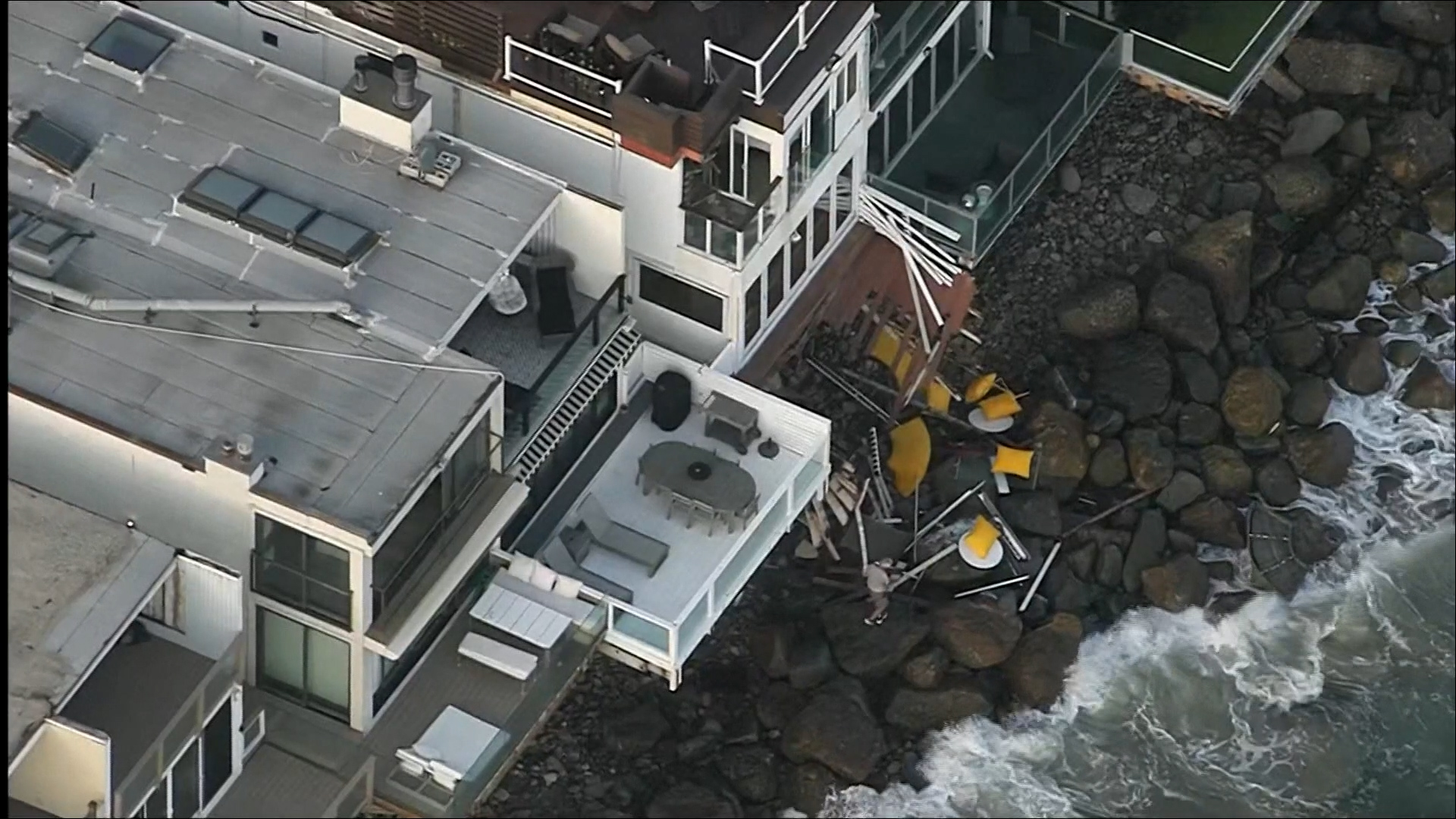Malibu Balcony Collapse in California
What Happened and How It Could Have Been Prevented
📅 Date & Time:
May 8, 2021, at approximately 5:30 p.m.
📍 Location:
20500 Block of Pacific Coast Highway, Malibu, California
Incident Overview
On a seemingly ordinary Saturday evening, a tragic event unfolded at a beachfront property in Malibu. A balcony, overloaded with party guests, suddenly collapsed, sending 15 people plummeting 15 feet onto the rocky shoreline below. This horrifying incident raises critical questions about balcony safety, structural integrity, and the importance of regular inspections in California.
Casualties & Injuries
Total Injured
9 individuals
Hospitalizations
4 guests
Treated On-Site
5 individuals for minor injuries
Eyewitness Accounts
“We heard a crack, and I literally saw all my best friends and my girlfriend fall 15 feet to the rocks.” — Eyewitness testimony (Independent)
Survivors described moments of terror, with guests clinging to unstable railings before falling.
Investigating the Causes of the Collapse
Overloading
The balcony was designed to hold far fewer people than were present.
Lack of Proper Inspections
Failure to comply with California’s mandatory balcony inspection laws (SB721 & SB326).
Structural Vulnerabilities
Similar to the 2015 Berkeley balcony collapse, structural decay such as dry rot could have contributed.
SB721 & SB326: California’s Response to Balcony Failures
SB721: Mandates regular inspections of balconies in multi-family residential buildings every 6 years.
SB326: Requires HOAs to inspect exterior elevated elements like balconies and decks every 9 years.
These laws were passed after the 2015 Berkeley balcony collapse, where six people lost their lives due to dry rot-related structural failure.
Don’t Wait for a Tragedy

The Malibu balcony collapse serves as a tragic reminder of the importance of balcony inspections. Structural failures are preventable with proper maintenance, adherence to safety codes, and compliance with California’s strict regulations.
At DrBalcony, we’ve conducted over 3,000 inspections across California, helping property owners stay compliant with SB721 and SB326. Our mission is simple: to prevent the next balcony collapse through thorough, professional inspections.
✅ Statewide Coverage
✅ Certified Inspectors
✅ Comprehensive Reports
Contact Us Easily
Join Drbalcony for better experience of Inspection
